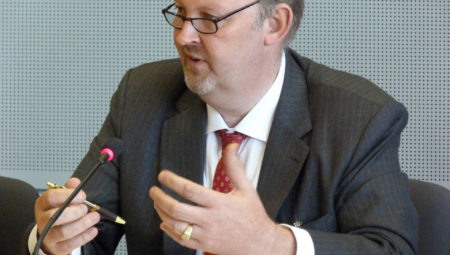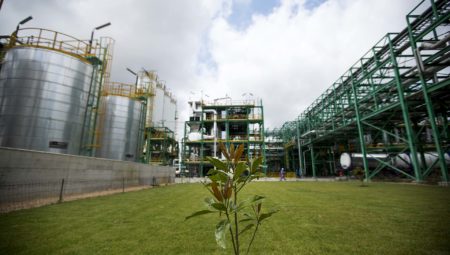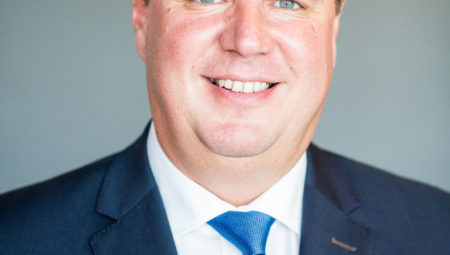At the signing of the MoU on 21 June, Dirk Carrez, Executive Director of BIC, said: ‘BIC will work together with the regions in the Vanguard Initiative to exchange information and explore synergies between BBI’s work programs and Vanguard pilot projects on the bioeconomy. Our collaboration will identify opportunities for joint demonstration, accelerating the development and uptake of biobased products, strengthening regional development and creating jobs. At the same time, I encourage European regions to explore different financing options, such as regional development funds, to help them bring to market innovative renewable products.’
Vanguard: five themes
The Vanguard Initiative, established in 2014, is centered around five themes. The relevant theme for the MoU is the bio-economy. ‘We have identified a number of relevant themes and connected these to several regions that have become more or less specialized in these domains, be it from the industry, public R&D or (local) government. In general, all three parties are involved in a triple helix-construction’, Bart Verschoor says. Verschoor is one of the coordinators of the Bioeconomy-track within Vanguard. ‘At the moment we have defined seven bio-economy-related themes, for example bio-aromatics, lignin refining or aviation biofuels. Some of these themes are interconnected. The aim is to establish (inter)regional value chains, say from demo to pilot scale. We are talking about TRL5 and higher; fundamental research is not our cup of tea.’
According to Carrez, there is a certain thematic overlap of both BIC and Vanguard which needs to be further explored and mapped out. ‘Lignin valorisation and bio-aromatics are good examples of interesting innovation-domains. I can imagine that regions can attract and support BBI-demo and flagship projects, for example with regional funding or by locating, transporting and pretreating local biomass streams. And vice-versa BIC and the BBI-JU can support regional initiatives.’
Awareness
Setting up (inter)national and local value chains in the European bio-economy is what both BIC and Vanguard are aiming for. Carrez states that Europe needs integrated biobased value chains if it aspires to become the world’s leading bioeconomy. ‘Achieving this goal depends on bringing regional stakeholders together to pool resources, combine complementary assets and share best practice’, he says. ‘We need to bring these developments into rural Europe, boosting new growth through entrepreneurial innovation and industrial renewal. This not only accounts for the ‘usual suspects’, say the established clusters in Northwest- and Southern Europe, but also in Central and Eastern Europe. That would be a missed opportunity, given the significant volume of biomass in these regions. In general, more EU regions need to start thinking about the opportunities they have concerning their feedstock such as municipal waste, agricultural crops or forestry, waste from food industry. Many are still not aware of this.’
Focus on renewables
As mentioned before, funding is an important condition to get biobased value chains to market. Verschoor: ‘Today a variety of different funds and instruments can be accessed. However, access and effectiveness remain an issue. The reality is that the funding scene is overly fragmented with different procedures across institutions, regions, organisations making the whole application experience very lengthy and complex. BIC and Vanguard can at least investigate whether it would be suitable to join forces in certain value chains.’
Finally, Carrez emphasizes the importance to include renewable feedstocks into the concept of the circular economy. ‘The circular economy is not only about fossil-based economy but also about renewable resources. As BIC we are very happy to see at least the Council putting the accent on the role of the bioeconomy in the circular economy.’





